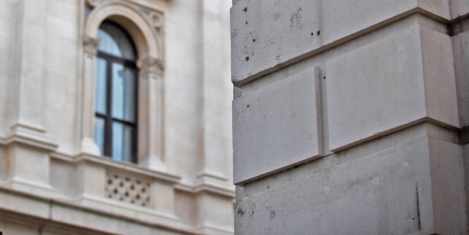May 31, 2017
Brexit uncertainty fails to impact London office demand, as occupiers push ahead with relocations 0
 Since the announcement in June last year that Britain would be leaving the EU as a result of Brexit, there has been a widespread assumption that occupier demand, and hence wider market confidence in the commercial property market, would be knocked. Yet that does not seem to be the case, according to a study by real estate advisers Knight Frank, who have tracked financial and TMT requirements over the last 12 months, and compared them to key years in the property cycle. The study claims that the property market has mirrored the wider UK economy, which has proved resilient following the vote to leave the EU. Firms have reported a shortage of skilled workers across a range of industries including IT, accountancy and engineering. Demand for staff is growing within all sectors and all regions of the UK, but there are fewer and fewer people available to fill the vacancies. A survey of UK CEO’s conducted by PWC at the start of the year reported that six in every ten respondents expected an increase in company headcount during the course of the year. Furthermore, a number of large international firms have acquired new offices, and many companies expanded across Central London including Expedia, WeWork, HSBC Digital and Zoopla.
Since the announcement in June last year that Britain would be leaving the EU as a result of Brexit, there has been a widespread assumption that occupier demand, and hence wider market confidence in the commercial property market, would be knocked. Yet that does not seem to be the case, according to a study by real estate advisers Knight Frank, who have tracked financial and TMT requirements over the last 12 months, and compared them to key years in the property cycle. The study claims that the property market has mirrored the wider UK economy, which has proved resilient following the vote to leave the EU. Firms have reported a shortage of skilled workers across a range of industries including IT, accountancy and engineering. Demand for staff is growing within all sectors and all regions of the UK, but there are fewer and fewer people available to fill the vacancies. A survey of UK CEO’s conducted by PWC at the start of the year reported that six in every ten respondents expected an increase in company headcount during the course of the year. Furthermore, a number of large international firms have acquired new offices, and many companies expanded across Central London including Expedia, WeWork, HSBC Digital and Zoopla.
























 In this week’s
In this week’s 










May 18, 2017
Reflection on facilities management and the people I’ve met along the way 0
by Paul Carder • Comment, Facilities management
(more…)